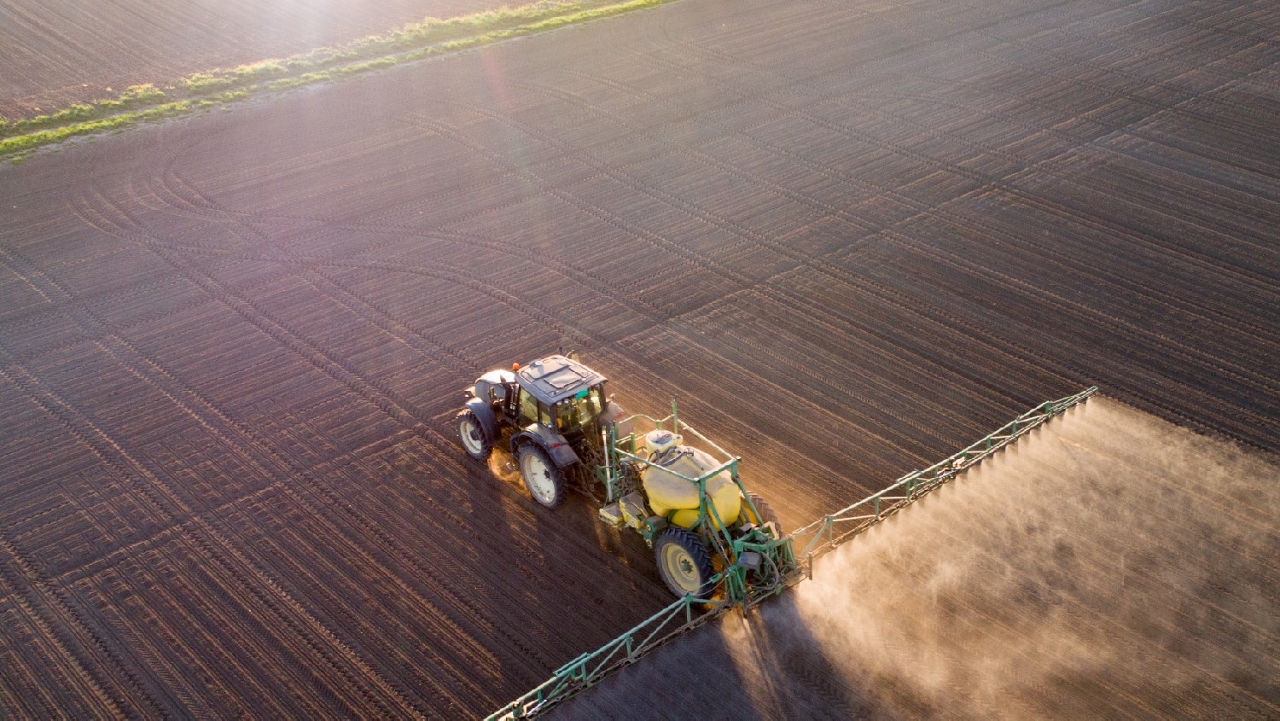Exposure to a crop protection chemical via inhalation poses a potential risk to human health. This is especially true for worker safety because exposure levels are far higher than they are for consumers. Preparation of solutions, application by dusting or spraying, post-application cleaning of equipment, and even crop harvesting and processing, are all opportunities for inadvertent inhalation. Exposure risk is usually acute or subacute, but toxic effects can be acute or chronic, particularly for the respiratory system.
For these reasons, inhalation studies are mandatory components of the toxicology studies in regulatory submissions for new agrochemical registrations and, often, for renewals. Additionally, inhalation data are used in establishing dose levels for other regulatory studies: human risk assessments such as worker re-entry studies and aspects such as labeling and packaging.
Labcorp can provide inhalation toxicology safety services for a broad range of assessments, be they standard studies or novel ones requiring innovative approaches and unique delivery devices.
Inhalation toxicology studies for crop protection products can be complex and need unique solutions
Inhalation toxicology safety studies on agrochemicals pose unique challenges and complexities. To maintain steady dosing in a breathing zone over many hours, and on multiple occasions in some studies, requires highly specific delivery systems. Accordingly, you need to tailor studies to your agrochemical and optimize them for its physiochemical properties to meet regulatory endpoints. You may need to refine standard test approaches to optimize study integrity, and need to provide justifications for any refinements. This means partnering with a team you can trust to design and run your inhalation toxicology studies to match your needs and the needs of your agrochemical.
An inhalation toxicology team with extensive and diverse expertise in crop protection
Our inhalation toxicology team comprises experts from diverse backgrounds and with extensive experience in planning and running inhalation toxicology studies for agrochemicals. The team includes animal welfare specialists, vets, pathologists, study managers, engineers, aerosol technologists, chemical analysts, and inhalation science toxicology experts. With regulatory scientists on hand to provide advice on regulatory compliance.
Performing recognized inhalation studies for crop protection products that deliver reliable, robust results
We have experience in performing common inhalation toxicology studies:
- A full range of endpoints including acute and chronic
- Inhalation carcinogenicity and neurotoxicity
- Studies with novel applications or dosing up to 24 hours/day
- Embryofetal, one-generation (EORGTS) and two-generation reproductive studies


